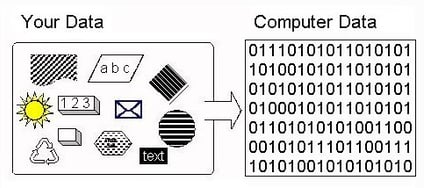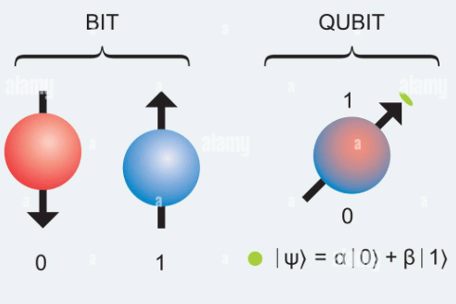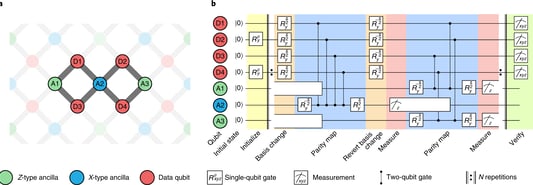The Marvel of Quantum Computing
The next frontier in computation
QUANTUM PHYSICSCOMPUTING
In the ever-evolving world of technology, few topics have garnered as much excitement and intrigue as quantum computing. But what is it? And why is it hailed as the next frontier in computation? Let's dive deep into the quantum realm to understand this fascinating subject.
A Classical Introduction
Before we delve into quantum computing, it's essential to understand the fundamentals of classical computing. Traditional computers, like the ones most of us use daily, operate based on bits. A bit can be either a 0 or a 1. It's binary. Every operation, be it browsing the web, playing a game, or even performing complex calculations, breaks down to these 0s and 1s at the foundational level.
Into the Quantum Realm
Quantum computing, on the other hand, relies on quantum bits, or qubits. Unlike classical bits, qubits can exist in a state that is both 0 and 1 simultaneously, thanks to a principle called superposition. It's akin to spinning a coin and having it land in a state where it's both heads and tails at the same time. This property allows quantum computers to process vast amounts of data at once.
Another quantum principle at play is entanglement, which is when qubits that are entangled can be correlated with one another—even if they are light-years apart. Change the state of one, and the other changes instantaneously. This bond, which Einstein famously called "spooky action at a distance," provides quantum computers with an unparalleled synchronization capability.
Why Quantum Computing Matters
The power of quantum computing lies in its ability to perform multiple calculations simultaneously. For instance, quantum computers have the potential to overhaul our network security systems. Current cryptographic methods, while advanced, still have vulnerabilities. Quantum computing promises to replace these methods, bolstering security to levels previously deemed unattainable. Additionally, industries like pharmaceuticals could benefit from quantum computers, especially in the realm of drug discovery through complex molecular simulations.
Challenges Ahead
However, quantum computing is not without its challenges. Maintaining the stability of qubits requires incredibly low temperatures, close to absolute zero, making the physical requirements for quantum computers quite demanding. Moreover, errors are a significant concern in quantum computations, and building error-resistant qubits is a focal point of research.
Conclusion
Quantum computing remains in its nascent stages, with tech giants and research institutions racing to achieve "quantum supremacy"—a point where a quantum computer can outperform the most advanced classical computers. While we may not have quantum laptops or smartphones anytime soon, the strides being made in this field promise a computational revolution that might reshape the future. As we stand on the precipice of this new era, one thing is for sure: the quantum realm holds secrets that, once unlocked, could propel humanity into an age of technological marvels previously deemed the stuff of science fiction.








